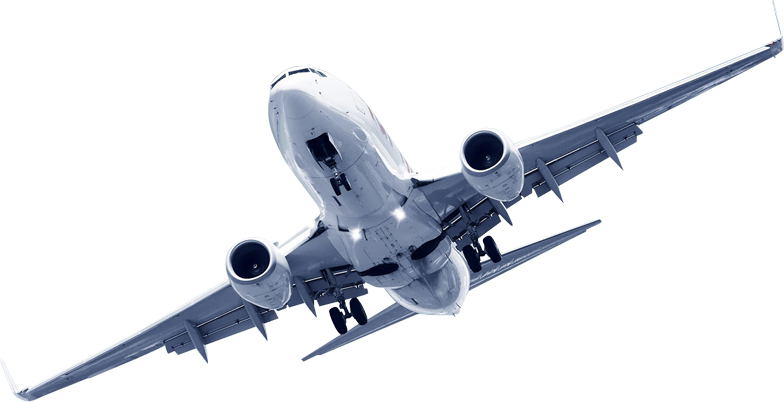In order to participate in the EPST training program a comprehensive selection procedure has to be successfully completed. We are of the opinion that this element of our program is of vital importance as the basis to provide you with the confidence for your career as a pilot and the investment you have to make in order to accomplish this.
Phase 1:
This phase consist of our COMPASS™ (aptitude) test, a personality assessment test, Aviation English test and a technical comprehension test. This selection phase is individual and can be made after telephone appointment. In order to do this test, please call the EPST Office to make an appointment (+31-30-2383232). All candidates have to show a photo ID prior to this test. The duration of the test is about three (3) hours. The results will be available at the end of the test and will be discussed with the candidate. We expect candidates to be able to do the phase 1 selection in the afternoon of the arrival date and do phase 2 the next day (phase 3 is the third day). You will only be invited for phase 2 if the results of phase 1 are sufficient to EPST.
Costs: € 250,-*
The Phase 1 selection is valid for only one (1) year.
Results:
After you completed phase 3 an evaluation is made by the selection team on all aspects of your selection and a final decision is made by EPST.
Phase 2:
This selection phase is a full day and you will be one of several candidates invited for that day. In this phase of the EPST selection process, you will be invited to participate in a simulator evaluation assessment. After a short briefing, you will be asked to perform some basic exercises on the simulator during which the instructors would like to see such characteristics as your ability to handle an aircraft (coordination), your capacity, your learning curve, stress, accuracy in following instructions and many more aspects. No previous flying experience of any kind is required to pass this phase successfully. In addition there will be a number of group exercises and some additional academic tests.
Costs: included
Phase 3:
The objective of this day is to give you an opportunity to present yourself to the selection team. During a short interview the selection team will take a look at your suitability as an EPST student. In the case you fail this selection day, you will be provided feedback so that you (at least) have some benefits of the experience.
Costs: included
The Phase 3 selection is valid for only one (1) year and can only be done two times. Prior to the second time, the phase 1 and 2 selection have to be done again.
Medical:
In the case no medical selection has been done, candidates will have to do a Class One medical with one of the EASA approved medical centers. Normally this is done in the country you live. EPST can be of assistance to organize this selection. Without this medical certificate a candidate cannot start the flying training program and in the case one fails this selection all other selection phases of EPST become invalid. The result of the medical selection will be mailed to the candidate directly. Costs will be at the students own expense. EPST will run the selection on consecutive days for candidates outside the Netherlands in order to save travel cost etc. Please contact the EPST Office for specific EPST selection days. In case any of the selection phases is unsuccessful, that selection phase can be done again. Only one retake is allowed.
* The above selection fee is inclusive of VAT




